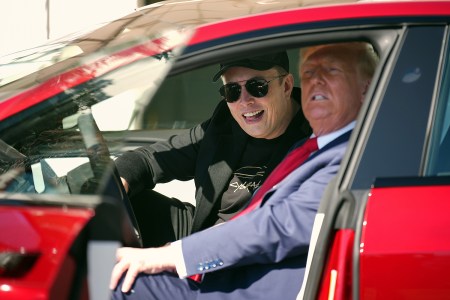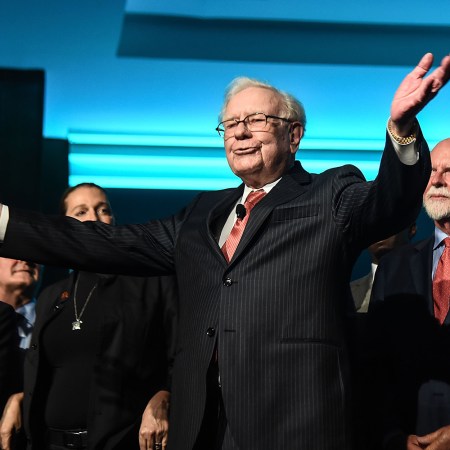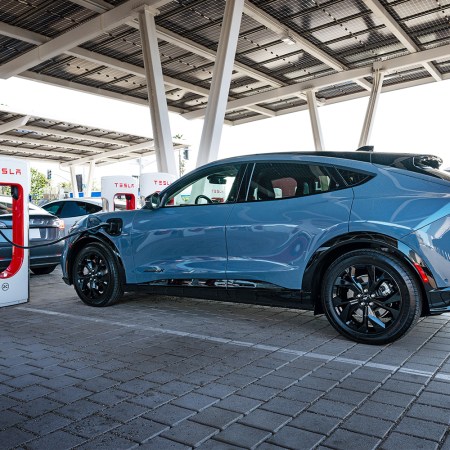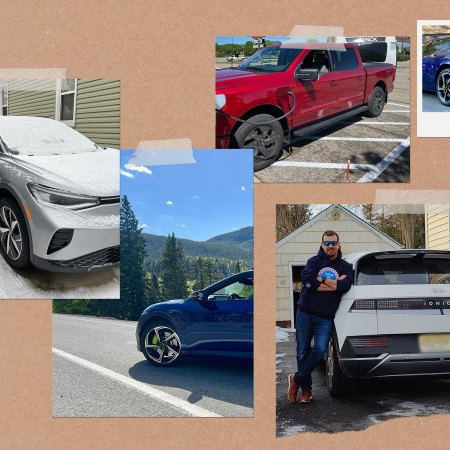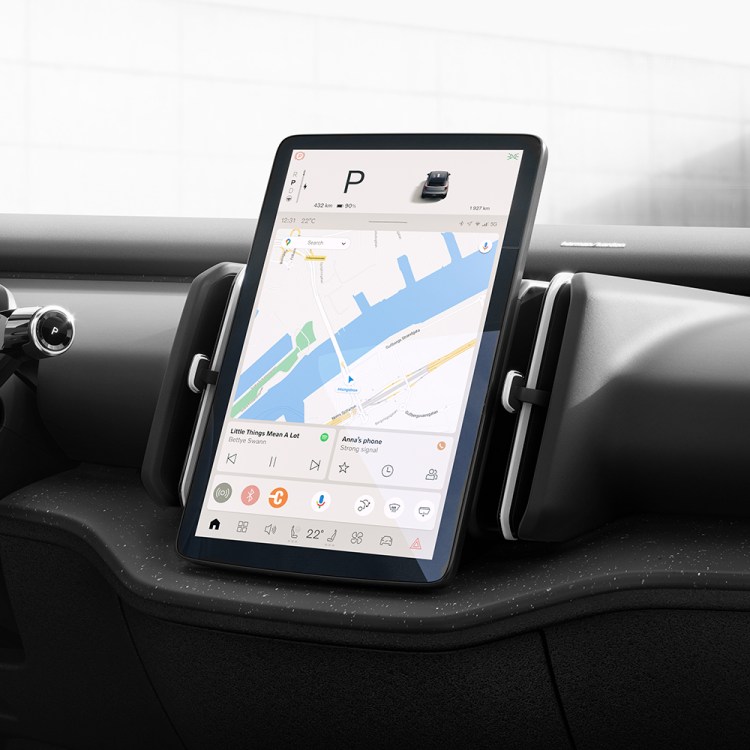We’ve hit another major tipping point in the development of electric vehicles. On Monday, an automaker announced a new EV platform that would allow for fast-charging that’s comparable to filling up a car with gas, adding 249 miles of range in just five minutes. No more 30-minute pit stops. No more range anxiety.
What automaker? What EV? Unfortunately for the U.S. automotive industry and American drivers, this game-changing technology was announced by BYD, a Chinese automaker which currently doesn’t sell its vehicles stateside. It’s just another instance of China pushing farther ahead in the EV race while the U.S. stalls to argue over whether or not the technology is worth investing in at all.
As we reported at the end of 2024, the auto industry in the U.S. was already scaling back the speed of its electrification plans while facing slower sales growth than expected and an incoming presidential administration that was hostile to EVs. Now that the Trump administration is in power alongside narrow Republican majorities in the House and Senate, that party is considering ending federal EV tax credits, slashing investment in the industry and cutting regulations on tailpipe pollution. Such moves wouldn’t kill the industry in the U.S., as The Washington Post reported, but it would set us back by years.
That delay won’t stop China from continuing to develop industry-leading technology. And even if tariffs mean importing those vehicles into the U.S. is impractical, China can still push out American automakers in every other market in the world. It’s already happening: As CNBC noted last year, 2023 was the first year ever that Chinese automakers sold more new cars globally (13.4 million) than U.S. automakers (11.9 million).
What Elon Musk Doesn’t Want You to Know About Tesla’s White House Stunt
Is Trump’s recent EV promotion the same as Biden’s? Not by a long shot.None of this has been a surprise for the automotive industry. As an analyst told us back in 2023, Western companies “understand the coming impact of the Chinese automotive market now. The problem is that they’ve reacted very slowly to it, and especially its more recent emphasis on electric vehicles.” Two years later, the U.S. has made significant investments to speed up its competition — through legislation like the Inflation Reduction Act and the Infrastructure Investment and Jobs Act, passed under President Joe Biden — but now faces an administration itching to hit the brakes again.
Just how revolutionary is BYD’s reported fast-charging tech? The company says its Super e-Platform, which will be rolled out in the Han L sedan and Tang L SUV, allows for 1000-kW charging speeds, which is twice as fast as the most advanced Tesla Superchargers. There are a number of huge questions that remain: How will this affect the life of the battery? Can the electrical grid handle this huge increase in load? How will charging speeds play out in real-world situations?
Those are all important questions, ones that BYD will have to answer. But they’re at least figuring it out. Meanwhile in the States, I guess we’ll just keep selling gas-powered pickup trucks to people who drive around with empty beds.
This article appeared in an InsideHook newsletter. Sign up for free to get more on travel, wellness, style, drinking, and culture.

